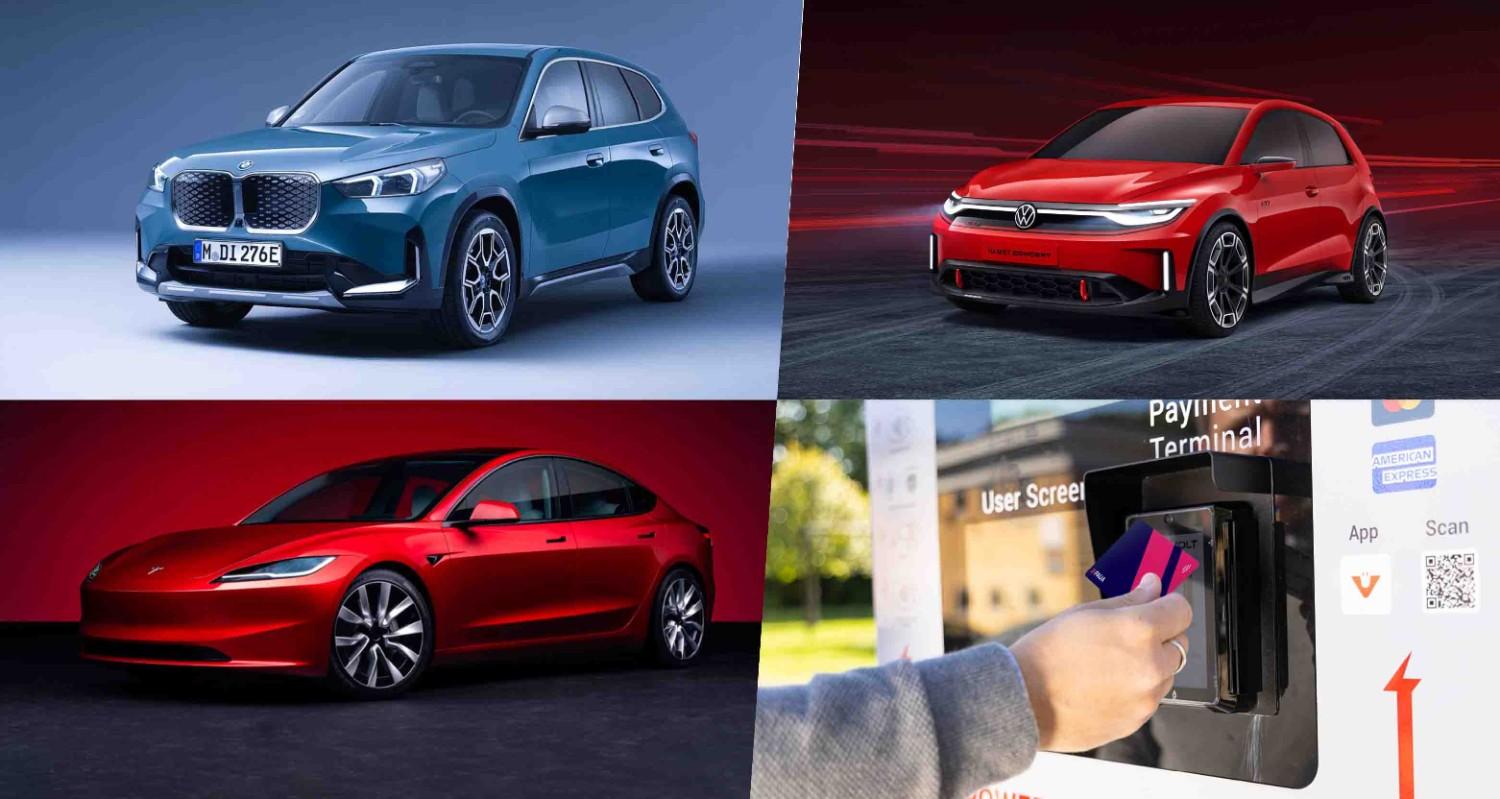Electric cars do not increase emissions, says research

New research has found, perhaps unsurprisingly, that electric cars do not increase carbon emissions and that it is a “damaging myth”.
There have been a number of reports and unfounded comments that electric cars are more damaging to the environment that their petrol or diesel equivalents.
There has been no real evidence for this, but the theory was that more electricity generation was required to power electric cars and if that power generation was “dirty” (such as coal) then emissions would actually be higher.
This theory ignores the small fact that electric cars at the very least move the harmful emissions away from where we live, but now research from the universities of Exeter, Nijmegen in The Netherlands, and Cambridge have proved that EVs are greener in most places.
The research found that electric cars overall produce fewer emissions even if the electricity generation to power them still used fossil fuels.
The research found the average lifetime emissions of an electric car in countries like Sweden and France (where most electricity is from renewables or nuclear), emissions could be up to 70% lower than petrol.
In the UK, the lifetime emissions of an electric car would be around 30% lower than a petrol or diesel. There were some exceptions, such as Poland, where the majority of electricity generation is still based on coal.
For most countries, the UK included, the picture is far brighter with electric cars helping to reduce emissions. Additionally, as countries rely more on cleaner generation then the emissions from electric vehicles will reduce even further.
The study projects that in 2050 every second car on the streets of the world could be electric. This would reduce global CO2 emissions by up to 1.5 gigatonnes per year, which is equivalent to the total current CO2 emissions of Russia.
The study also pointed out that car use overall would need to reduce to help countries meet net zero targets, even if those vehicles were electric.










